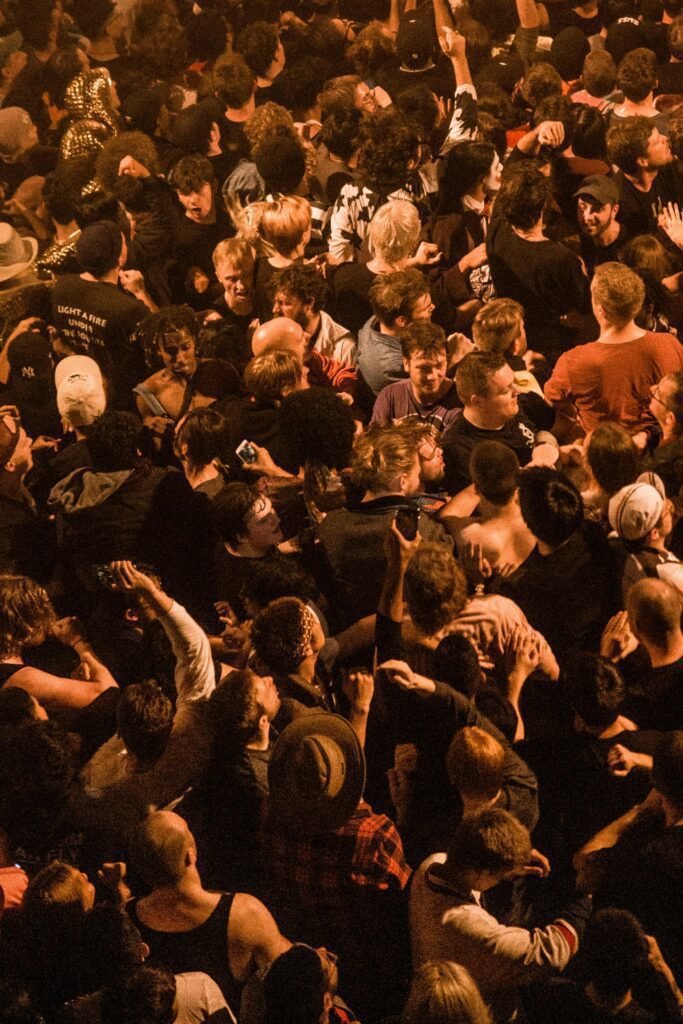
The internet age has redefined celebrity. Social media platforms have fostered a passionate connection between fans and stars, blurring the lines between admiration and obsession. While this can create a sense of community and belonging for fans, it can also lead to the rise of a particularly toxic phenomenon: the toxic fans.
Identifying the celebrity with the absolute “worst” fans is a tricky proposition. Fan behavior can be subjective, and what one person perceives as harmless enthusiasm might be viewed as harassment by another. However, some celebrities consistently find themselves on the receiving end of online vitriol and aggressive behavior from a vocal segment of their fanbase. Here’s a glimpse into the complex world of celebrity fandom and the darker side of fan culture:
The Rise of the Stan:
The term “stan” originated in the early 2000s, evolving from an Eminem song about an obsessive fan. Today, it’s used to describe a highly devoted fan, often exhibiting possessive or aggressive behavior towards the celebrity they admire. This possessiveness can manifest in a number of ways, from attacking the celebrity’s romantic partners to launching online campaigns against anyone perceived as a threat to the star’s image.
Fueling the Fire: Social Media and the Echo Chamber:
Social media platforms have become breeding grounds for both positive and negative fan behavior. While they allow fans to connect with each other and their favorite celebrities, they can also create echo chambers where extreme views are amplified and dissenting voices are silenced. This can lead to a sense of groupthink, where fans feel emboldened to engage in online harassment or defend their celebrity’s actions, regardless of the situation.
The Blurring of Lines: Celebrity and Personal Life
The constant barrage of celebrity news and social media updates can create an illusion of intimacy between fans and stars. Fans may feel a sense of ownership over the celebrity’s life, leading to outrage if they date someone “unsuitable” or pursue career choices the fans disapprove of. This entitlement can fuel negativity and online attacks.
The Double-Edged Sword of Publicity:
Some celebrities cultivate a deliberately controversial image, knowing it will generate headlines and keep them in the public eye. While this strategy can be effective in the short term, it can also attract a more volatile fanbase prone to aggressive behavior in defense of their idol. The line between calculated controversy and genuine negativity can easily blur, leaving celebrities to grapple with the consequences of a fan base they might have inadvertently fostered.
Examples: A Glimpse into the Maelstrom
While naming a single celebrity with the “worst” fans is difficult, some stars consistently face online harassment and aggressive behavior from a segment of their fanbase. Here are a few illustrative examples:
- Justin Bieber: Bieber’s rise to fame as a teenager was met with intense fan adoration, but also a significant amount of online scrutiny. As he matured, his changing appearance and personal choices sparked negativity from some fans, highlighting the challenges of navigating fame from a young age.
- Kanye West: Kanye West’s outspoken nature and unpredictable behavior have attracted a devoted fanbase, but also a significant amount of controversy. His online outbursts and public actions have sometimes been defended by fans, even when they are widely criticized. This highlights the challenge of separating admiration for an artist’s work from their personal behavior.
- K-Pop fandoms: Korean Pop music fandoms are renowned for their passionate support, but can also be fiercely competitive and prone to online attacks against artists perceived as rivals. This competitive environment can create a toxic atmosphere where negativity overshadows the enjoyment of music.
Breaking the Cycle: Towards a Healthier Fan Culture
So, what can be done to create a healthier and more respectful fan culture? Here are a few steps:
- Celebrities: While stars can’t control their entire fanbase, they can set a positive tone by fostering respectful online interactions and condemning harassment.
- Social Media Platforms: Social media platforms need to implement stricter policies against online abuse and hold users accountable for their behavior.
- Fans: Fans need to remember that celebrities are human beings deserving of respect. Criticism is fair, but it should be delivered constructively, not through online attacks.
The internet has undeniably transformed the way fans interact with celebrities. The rise of the “bad reputation fan” is a symptom of this complex relationship. By fostering more respectful online interactions, celebrities, social media platforms, and fans themselves can all play a role in creating a healthier and more positive fan culture, one where admiration doesn’t translate into aggression and online harassment. The future of celebrity fandom lies in striking a balance – a balance between passionate support and respect for personal boundaries, a balance between online interaction and real-








